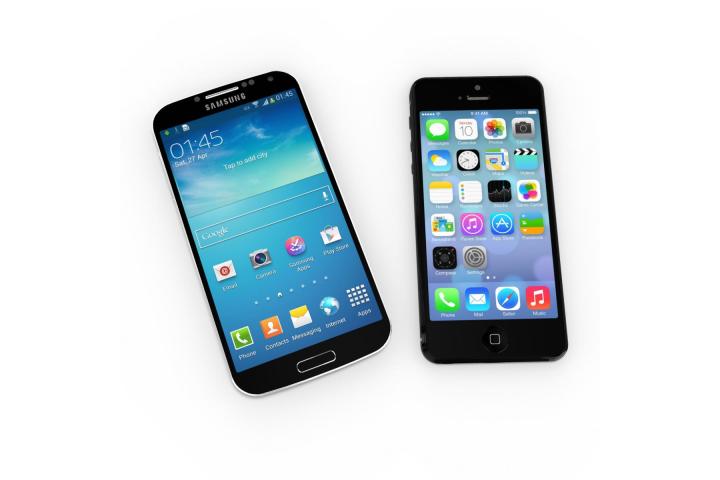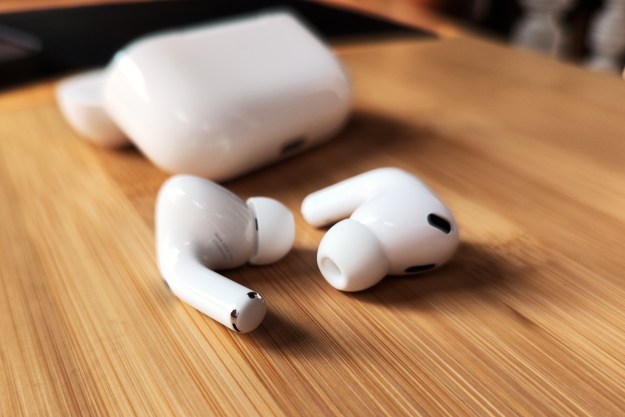
Apple arrived at the $180 million figure after “a product-by-product calculation for five devices Samsung sold after a federal court jury in San Jose, California, found in August 2012 that the Galaxy maker had infringed Apple patents,” according to Bloomberg Business. “Apple says it’s owed supplemental damages for continued infringement, plus interest, according to a court filing Wednesday.”
This marks yet another turn in the patent war between Apple and Samsung, which began when Apple sued Samsung for violating patents and copying the design of the iPhone in 2011. That led to a 2012 verdict ordering Samsung to pay $930 million to Apple, a figure that was reduced by about $382 million by an appeals court.
Apple and Samsung are scheduled to meet again in San Jose federal court in March over remaining damages related to that appeals court decision, according to Reuters.
Samsung and Apple did not respond to requests from Bloomberg Business and Reuters for comment.
Editors' Recommendations
- The OnePlus 12 has one big advantage over Samsung and Apple
- Apple, Samsung, and Google could learn a lot from this unique phone
- Samsung may be getting ready to launch a new AirTag rival this year
- Apple Health vs. Samsung Health? What I learned after using both
- Apple vs. Samsung: Who has the best lock screen customization in 2022?


